Worcester County, Massachusetts, Mendon stands as a testament to centuries of rich history and cultural heritage.
From its humble beginnings as a colonial settlement in 1667 to its present-day status as a vibrant community, Mendon’s story is a tapestry woven with tales of resilience, innovation, and community spirit.
As one delves into the history of Mendon, they uncover a narrative shaped by colonial struggles, industrial growth, and cultural diversity.
From the tumultuous days of King Philip’s War to the bustling mills of the 19th century and the modern-day celebrations of community events, Mendon’s journey reflects the enduring spirit of its residents and their commitment to preserving the town’s legacy.
Exploring the history of Mendon is to embark on a journey through time, uncovering the stories of those who shaped its past and the values that continue to define its present.
History Of Mendon Massachusetts
Mendon, Massachusetts, located in Worcester County, has a rich history dating back to the early colonial period. Established in 1667, Mendon played a significant role in the region’s development, experiencing various historical events that shaped its identity.
Here are some historical pieces of evidence that illuminate Mendon’s past:
Colonial Settlement

Mendon was one of the earliest settlements in central Massachusetts. Founded by European colonists in 1667, it became a thriving agricultural community, with its fertile land attracting settlers seeking new opportunities in the New World.
The town’s establishment marked a crucial chapter in the expansion of colonial settlements in the region.
King Philip’s War
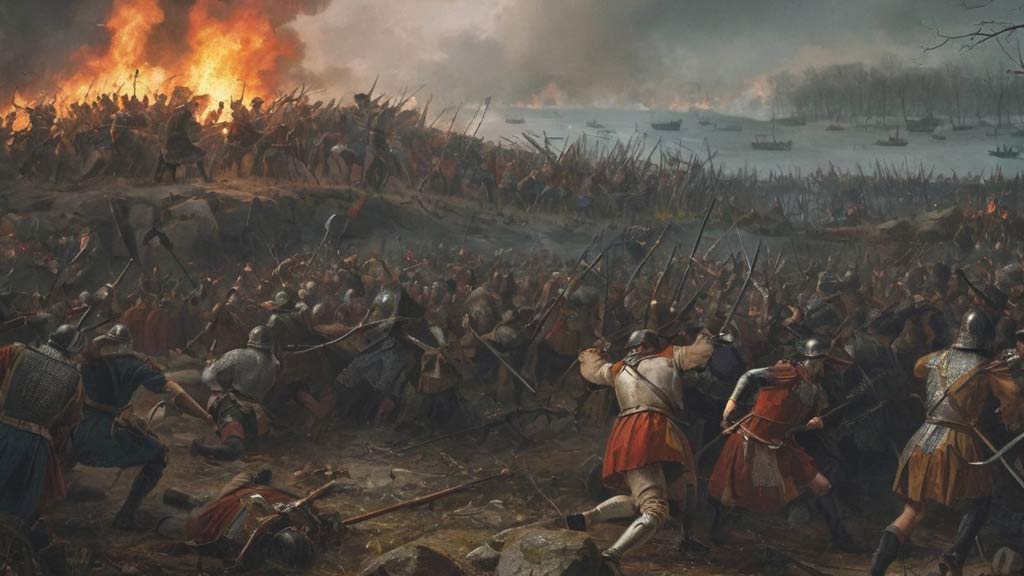
During King Philip’s War (1675-1678), Mendon, like many other New England settlements, faced attacks from Native American tribes led by Metacomet, also known as King Philip.
The town endured raids and skirmishes, resulting in casualties and widespread destruction. This conflict left a lasting impact on Mendon and its inhabitants, shaping the town’s future development.
Incorporation
Mendon was officially incorporated as a town in 1667, making it one of the oldest towns in Worcester County. Its incorporation marked a milestone in its history, granting it autonomy and the ability to govern itself.
This event solidified Mendon’s status as a distinct community with its own identity and governance structure.
Revolutionary War

During the Revolutionary War era, Mendon, like many other towns in Massachusetts, played a significant role in the fight for independence.
Its residents participated in patriotic activities, including recruitment drives, fundraising efforts, and supplying troops. The town’s support for the revolutionary cause demonstrated its commitment to freedom and self-governance.
Industrialization
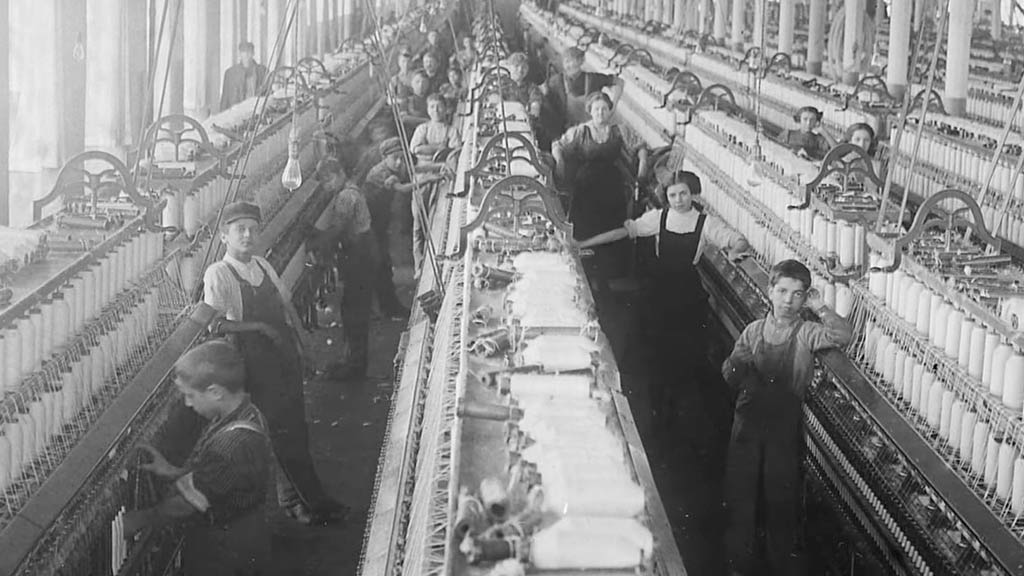
In the 19th century, Mendon experienced industrial growth, particularly in manufacturing and textiles.
The construction of mills along the Blackstone River spurred economic development and attracted migrants seeking employment opportunities.
The influx of industry transformed Mendon from an agricultural community into a thriving industrial hub, shaping its landscape and economy.
Transportation Networks
Mendon’s strategic location along major transportation routes, such as the Boston and Worcester Turnpike, facilitated trade and commerce. The construction of railroads further enhanced connectivity, allowing for the efficient transportation of goods and people.
These transportation networks played a crucial role in Mendon’s development, facilitating economic growth and fostering connections with neighboring towns and cities.
Preservation Efforts
In recent years, Mendon has undertaken various preservation efforts to safeguard its rich historical heritage.
Organizations and residents have worked to preserve historic landmarks, such as the Ammidown-Whitmore House and the Taft Public Library, ensuring that future generations can appreciate Mendon’s past.
Mendon Meetinghouse
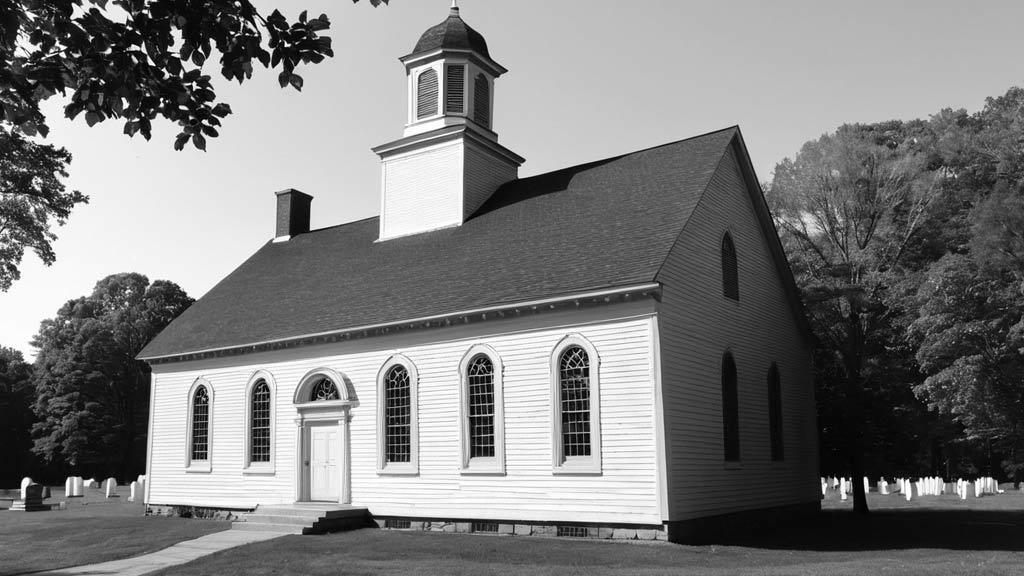
The Mendon Meetinghouse, constructed in 1769, stands as a symbol of the town’s religious and communal life during the colonial period. Serving as a place of worship, town meetings, and social gatherings, the meetinghouse was a central hub for community activities.
Its architecture reflects the simplicity and elegance of New England colonial design, offering insight into the religious and social customs of early Mendon residents.
Agricultural Heritage
Throughout its history, Mendon has maintained a strong agricultural tradition, with farming playing a central role in its economy and identity. The town’s fertile soil and favorable climate supported diverse crops, including grains, fruits, and vegetables.
Farmers utilized innovative techniques and equipment to cultivate the land, contributing to Mendon’s prosperity and sustenance.
Civil War Contributions
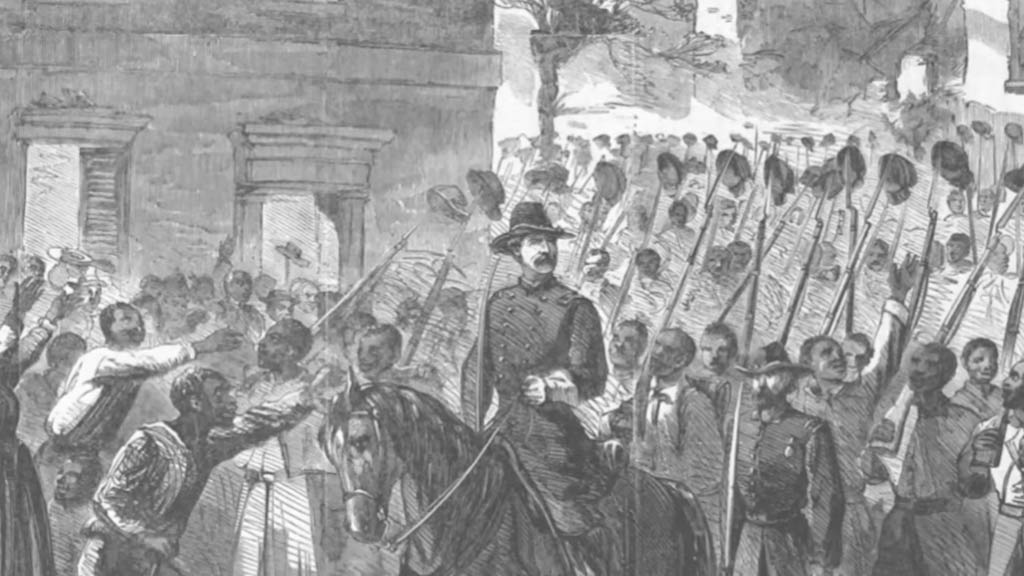
During the Civil War, Mendon rallied behind the Union cause, sending scores of its sons to fight for the preservation of the Union. Men from Mendon served in various regiments, enduring the hardships of battle and making significant sacrifices.
The town’s involvement in the conflict exemplifies its commitment to national unity and the ideals of freedom and equality.
Cultural Diversity
Mendon’s history is also marked by cultural diversity, with waves of immigrants contributing to its social fabric. Irish, Italian, and French Canadian immigrants, among others, settled in Mendon, bringing with them their customs, languages, and traditions.
Their presence enriched the town’s cultural landscape, fostering a sense of diversity and tolerance within the community.
Education
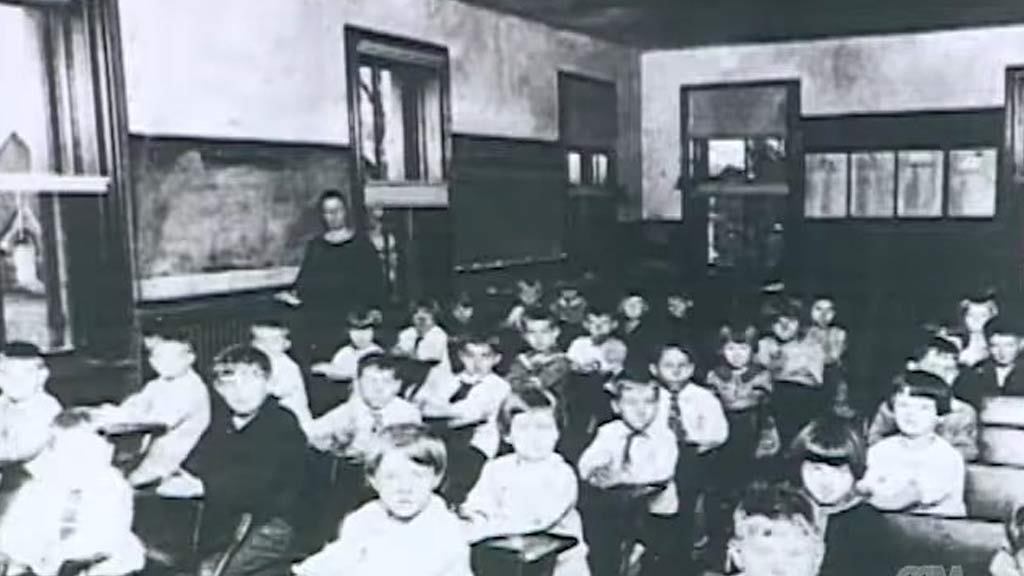
Education has long been a priority in Mendon, with the town establishing schools to provide children with access to learning opportunities. One notable institution is the Mendon-Upton Regional School District, which serves students from Mendon and neighboring Upton.
The town’s commitment to education reflects its belief in the importance of knowledge and intellectual development.
Natural Heritage
Mendon’s natural beauty and resources have played a significant role in its history and development. The town’s picturesque landscapes, including forests, rivers, and ponds, have provided recreational opportunities and served as sources of inspiration for residents and visitors alike.
Efforts to conserve and protect these natural assets highlight Mendon’s commitment to environmental stewardship.
Community Resilience
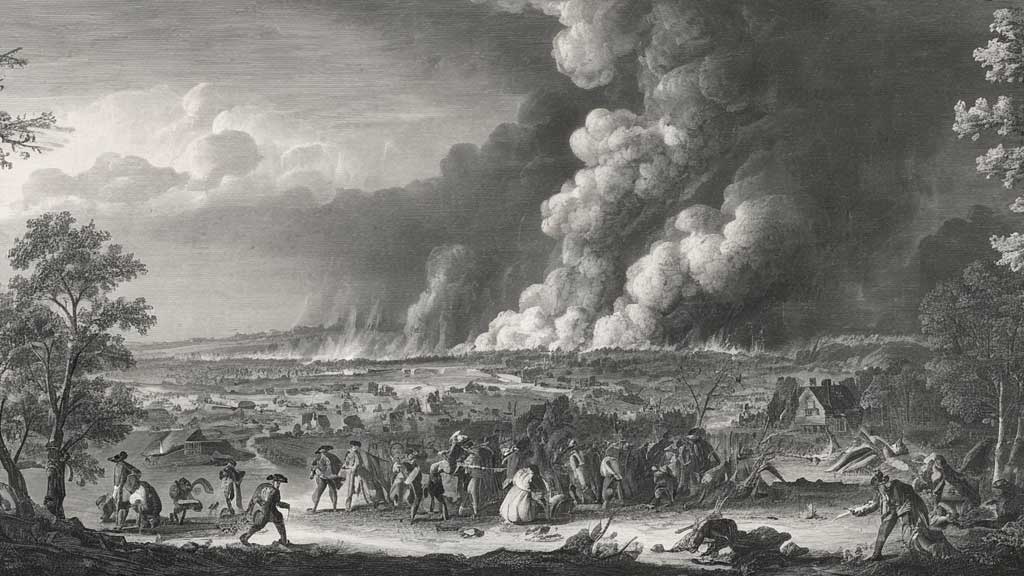
Throughout its history, Mendon has demonstrated remarkable resilience in the face of adversity. Whether confronting economic challenges, natural disasters, or social upheavals, the town has united to overcome obstacles and rebuild stronger than before.
This spirit of resilience and determination continues to define Mendon and its inhabitants today.
Modern Development
In recent decades, Mendon has experienced modern development and growth, balancing its rich historical heritage with the demands of the present.
New residential developments, commercial establishments, and recreational facilities have emerged, reflecting the town’s evolution and adaptation to contemporary needs.
Despite these changes, Mendon remains rooted in its past, honoring its history while embracing the future.
What Is Mendon MA Known For?
Mendon, Massachusetts, is known for its rich history, natural beauty, and vibrant community. Situated in Worcester County, Mendon has gained recognition for several notable attributes that contribute to its identity and appeal.
Here are some interesting things for which Mendon is renowned:
Historic Landmarks
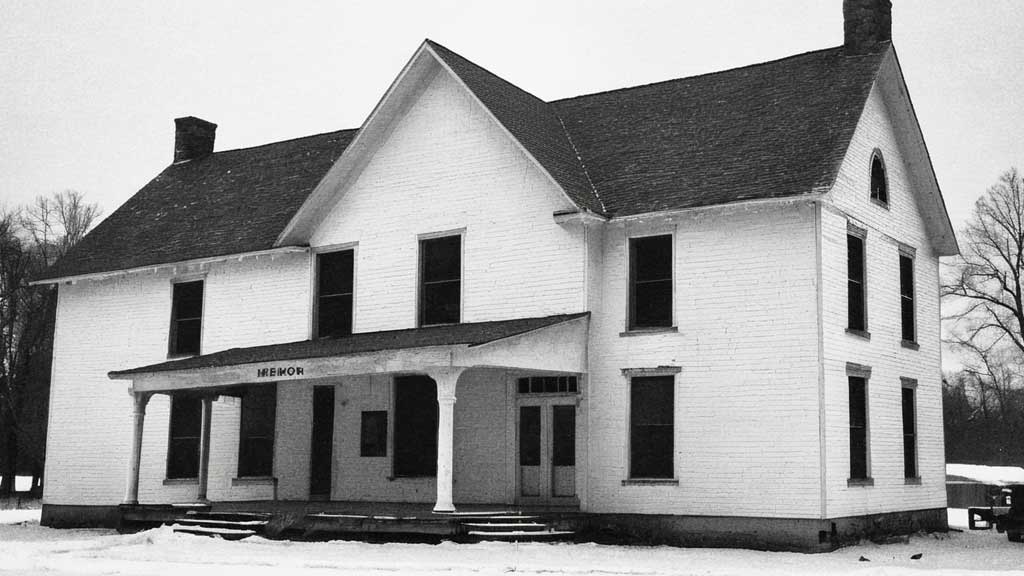
Mendon is renowned for its wealth of historic landmarks, including the Mendon Meetinghouse, which dates back to 1769, and the Ammidown-Whitmore House, a well-preserved example of colonial architecture.
These landmarks serve as tangible reminders of Mendon’s colonial past and offer visitors a glimpse into the town’s heritage and cultural significance.
Scenic Beauty
Mendon is celebrated for its scenic beauty, characterized by rolling hills, picturesque farmland, and tranquil waterways. The town’s natural landscapes provide ample opportunities for outdoor recreation, including hiking, fishing, and birdwatching.
Visitors and residents alike appreciate Mendon’s pristine scenery, which offers a peaceful retreat from the hustle and bustle of city life.
Agricultural Tradition
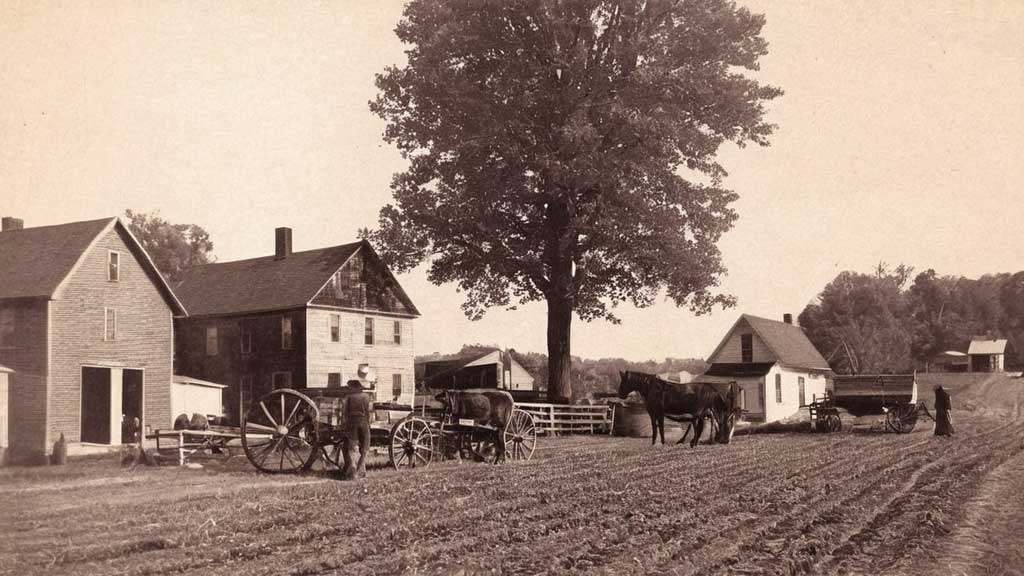
Mendon has a longstanding agricultural tradition, with local farms producing a variety of crops, including fruits, vegetables, and dairy products. The town’s fertile soil and favorable climate support agricultural endeavors, contributing to Mendon’s rural charm and economic vitality.
Farm stands and farmers’ markets offer fresh, locally grown produce to residents and visitors, highlighting Mendon’s commitment to sustainable agriculture.
Community Events
Mendon is known for its vibrant community events, which bring residents together to celebrate shared traditions and interests. Annual events such as the Mendon Carnival, Fourth of July Parade, and Harvest Festival showcase the town’s lively spirit and sense of camaraderie.
These gatherings provide opportunities for socializing, entertainment, and fostering connections within the community.
Outdoor Recreation
Outdoor enthusiasts flock to Mendon to enjoy its diverse recreational offerings, including hiking trails, parks, and nature preserves.
The Mendon Town Forest and Blackstone River and Canal Heritage State Park offer scenic trails for hiking, biking, and wildlife observation.
Whether exploring the great outdoors or participating in recreational activities, Mendon provides ample opportunities for adventure and relaxation.
Cultural Heritage
Mendon boasts a rich cultural heritage, shaped by generations of diverse settlers and immigrants. The town’s cultural institutions, such as the Taft Public Library and Mendon Historical Society, preserve and promote its heritage through educational programs, exhibits, and events.
Visitors can delve into Mendon’s past and gain insight into the customs, traditions, and contributions of its inhabitants.
Community Spirit
Above all, Mendon is known for its strong sense of community spirit and neighborly camaraderie. Residents take pride in their town and actively participate in local initiatives, volunteer efforts, and civic organizations.
Whether supporting a community cause, attending a town meeting, or simply lending a helping hand, Mendon residents exemplify the values of unity, compassion, and cooperation that define their tight-knit community.
Conclusion
The history of Mendon, Massachusetts, is a testament to the resilience and determination of its inhabitants across centuries of challenges and triumphs.
From its colonial roots to its modern-day community spirit, Mendon’s story reflects the enduring legacy of its past while embracing the opportunities of the future.
As we reflect on Mendon’s history, we are reminded of the importance of preserving our cultural heritage, honoring the sacrifices of those who came before us, and nurturing the bonds of community that unite us.
Through understanding and appreciating its history, we gain insight into Mendon’s identity and the values that continue to shape its path forward. As Mendon continues to evolve, its history remains a source of inspiration and pride for generations to come.
Jaclyn Lowe